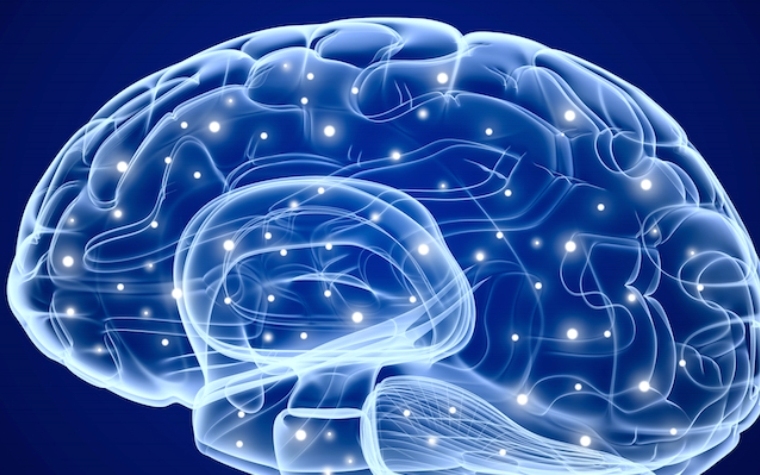
University of Florida neuroscientists recently determined that individuals with Tourette syndrome may benefit from deep brain stimulation (DBS) which has previously been proven effective with other movement disorders, including Parkinson’s disease.
The findings came after a study demonstrated a correlation between Tourette patients’ symptom improvement and the application of DBS, with results published in JAMA Neurology, a University of Florida Health release said.
Each patient in the study underwent DBS in particular brain regions in an effort to decrease involuntary motor tics, with the overriding goal being to better comprehend the efficacy and safety level of using DBS to treat the neurodevelopmental disorder.
UF also teamed up with the Tourette Association of America to generate a public registry and database. Researchers hope to test DBS’s potential to treat additional conditions such as depression, obesity and addiction disorders, the release said.
“Tics can be very stressful and anxiety-provoking,” Dr. Michael Okun, chair of neurology at UF’s medical school and senior study author, said in the release. “In most cases, the people are experiencing … a feeling that they need to move their arm or shoulder or make a noise, and until they do, that urge doesn’t go away.”
Tourette not only evokes involuntary motor tics but also vocalizations including sniffing, coughing and throat-clearing, which can adversely impact the quality of life.